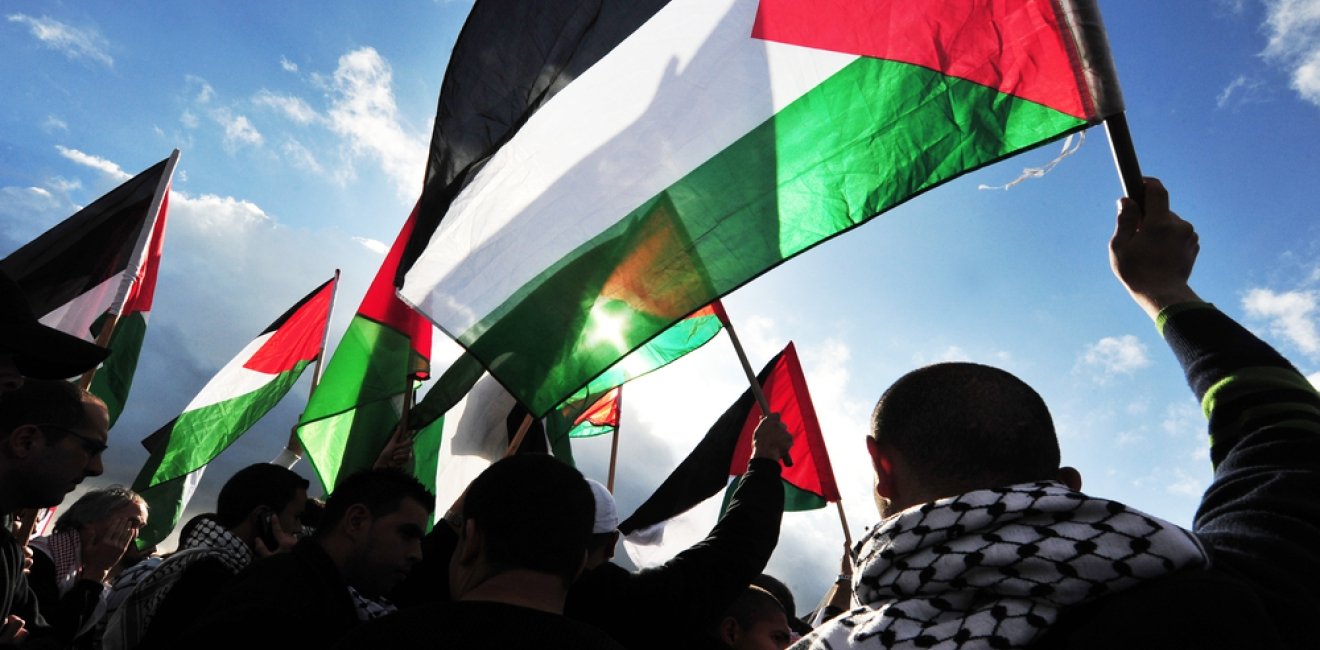
A blog of the Wilson Center

A pre-October 7 survey of West Bank and Gaza residents suggests most Palestinians didn’t trust Hamas or the Palestinian Authority.
Israel and Egypt have limited the flow of goods and people into Gaza since 2005. Those restrictions were significantly strengthened after Hamas took control of the Gaza Strip in 2007. Yet, according to polling from the respected Arab Barometer conducted before the October 7 Hamas terrorist attack, only 16% of residents there blamed the lack of food in Gaza to externally imposed economic sanctions. 31% of respondents blamed government mismanagement, and 26% blamed inflation.
Arab Barometer is a nonpartisan research group established in 2006 to help the world better understand the views and issues shaping the Middle East and North Africa. Its most recent survey of the West Bank and Gaza utilized one-on-conversations with 790 individuals in the West Bank, and 399 in Gaza, between September 28 and October 8, 2023—with the work in Gaza obviously interrupted by Hamas’s terrorist attack.
Even though Hamas won a plurality of votes in 2006 legislative elections in both Gaza and the West Bank, the Arab Barometer’s findings make it clear that the terrorist group had fallen well out of favor before the October 7 attacks.
When asked how much they trusted Hamas authorities, 44% of Gazans said they had no trust at all, and 23% had “not a lot of trust.” Only 29% expressed either a great deal or quite a lot of trust in their government. When it came to government corruption, 72% said they believed there was a large or medium amount of corruption in government institutions, and only a minority thought the government was taking meaningful steps to address the problem.
Those same attitudes were reflected in the Gazans’ views of key political candidates. In a hypothetical ballot featuring Ismail Haniyeh, the leader of Hamas, Mahmoud Abbas, the current president of the Palestinian Authority, and Marwan Barghouti, an imprisoned member of the central committee of Fatah, none got more than 32% of the imagined vote, and 30% said they would sit the election out.
According to a recent Wall Street Journal story, as leaders in the Middle East and the West begin to contemplate post-war Gaza, most believe some form of Palestinian government should lead it, however, there is little consensus on what that government should look like. The Journal reports, “One emerging point of consensus is that the Palestinian Authority—as it now operates and oversees the West Bank—isn’t up to the job.”
The horrific attack on October 7 has obviously upended the lives of everyone in Gaza—and had dramatic costs and impacts for millions of people in the region. For many, it may seem hard to recall a time before October 7, and just as hard to focus on what needs to happen once the fighting is over. But that day will come. And when it does, we will all have a stake in, first, helping the Palestinian people find leadership they can believe in and, second, bringing together the support of Egypt, Jordan, members of the Gulf Cooperation Council, Israel, and the US to help that leadership find its footing on a path toward peace and security.
This blog was researched and drafted with the assistance of Caroline Moody.
Author

Explore More in Stubborn Things
Browse Stubborn Things
Spying on Poachers

China and the Chocolate Factory

India: Economic Growth, Environmental Realities
